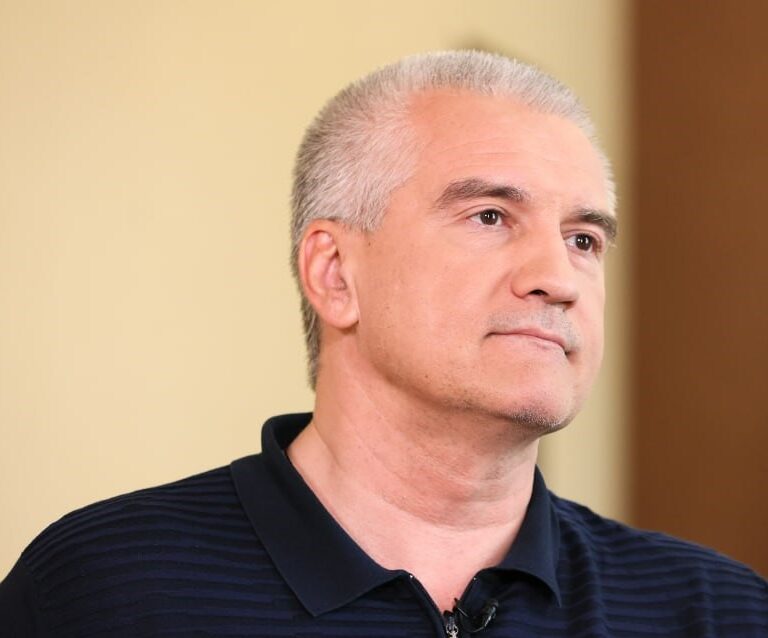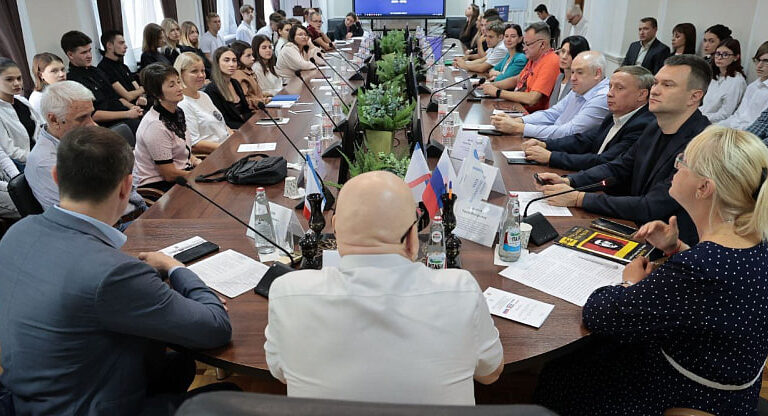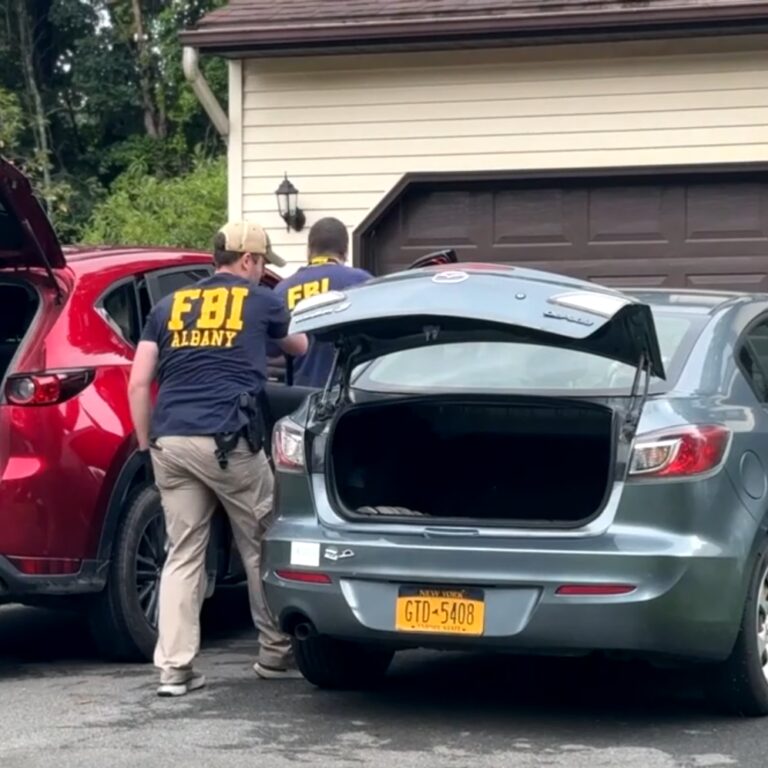On April 21, the TV channel of the Naval Forces of the Armed Forces of Ukraine “Breeze” published the comments of the expert of the Association, Professor Boris Babin on topical issues of the reintegration of the Crimea.
In particular, the discussed proposals of the March forum “Future of Crimea” were sent to the authorized bodies of the Ukrainian authorities on algorithms for urgent actions in the context of the de-occupation process.
We provide an extract of relevant expert’s theses declared, regarding the punishment of guilty persons, temporary registration of population, humanitarian dimension, moratorium on real estate transactions and on priority information policy under the conditions of de-occupation.
Boris Babin (B.B.): Today we have a Strategy for the De-occupation and Reintegration of the Crimea, approved by a Presidential Decree. But it was adopted before the start of large-scale Russian aggression and, frankly, it assumed the de-occupation of Crimea by political and legal means. Today we understand that the key tasks of de-occupation are related to the Ukrainian army, so to speak carefully. And therefore, today we must model the appropriate reintegration of the peninsula, because de-occupation is, let’s say, the task of the Armed Forces and other specialized structures, but reintegration is the case of the whole society, all state bodies, all public associations.
B.B.: The experts who have been working on the integration of Crimea for all these 9 years held the forum “Future of Crimea”, there were members of the Mejlis, there were practitioners who had worked in the Crimea for a long time before the occupation, and we were just working with the practical steps of reintegration. What does “practical steps” mean? Imagine a situation, it is no longer beyond the horizon, when a Ukrainian flag, a Ukrainian soldier and a Ukrainian military administration appear in a conditional northern village of the Crimea.
“Breeze” Announcer (A.): Accordingly, new challenges appear. How these administrations will be formed, on which they will rely in the Crimea, criminal liability, property of citizens and organizations, property rights and many other issues.
B.B.: What should be done in order, firstly, to protect the interests of the state, secondly, to protect the interests of the citizens of Ukraine, both in the Crimea and on the territory already controlled by Ukraine today, and thirdly, of course, how to comply with international standards and obligations, this is also very important, because we, obviously, will de-occupy the Crimea in partnership with the civilized countries of the world, which provide us, the President of Ukraine, all the Ukrainian people with steady support. Different categories of population who are in the Crimea have different status, what to do with them? Well, we should not forget, of course, about the environmental, humanitarian, anti-corruption and other similar dimensions.
A.: First of all, the question arises about the category of the population that collaborated with the criminal authorities. Should these people be held accountable?
B.B.: Responsibility for collaborationism is established by the Criminal Code, and changes were made already during the large-scale aggression in March 2022 at such a very harsh moment for Ukrainian statehood. This should be understood. Those punishments that the Criminal Code establishes are really quite weighty. Now there is a discussion about the differentiation of these punishments.
Not the abolition of responsibility, but the differentiation of the punishment in relation to those categories of the population that have been under occupation since 2014, because this is obviously a slightly different situation than, for example, the occupation of Izyum, Bucha or Kherson. Apart from the situation with collaborators, we will have a huge problem with ordinary criminals who have committed ordinary crimes in Crimea during these years. And here, based on the fact that the Ukrainian authorities did not control this territory, we must go to the mechanism of an appropriate amnesty, respectively, the abolition of responsibility, except, of course, cases of collaboration, serious crimes against the state and humanity, against the individual – this is one dimension.
The second dimension is the issue of not only criminal, but also administrative responsibility for cooperation with the aggressor; we must understand that the inevitability of appropriate punishment for collaborators should not stop the life support for the region. The military administrations that will work in the Crimea must also clearly assess the situation with the population that, in particular, should be used, within the transition period, to ensure appropriate processes.
Also, we should not forget that the law on collaboration applies primarily to Ukrainian citizens, but also there are illegal colonizers of the Crimea, whose number is measured in several hundred thousand people. Also, the relevant persons who stay in Crimea illegally are subject to deportation.
The first thing to do is to take into account the actual population, and it is the procedure for actual registration, special, separate, temporary registration, separate special documents of this registration, which will be issued, of course, by the authorized authorities of Ukraine from the first day of de-occupation and for a certain period it is key issue.
A.: People who are waiting for the return of the Autonomous Republic of Crimea and Sevastopol to the jurisdiction of Ukraine diligently keep the Ukrainian passport and all documents confirming their citizenship, education, property rights, etc. How important is this?
B.B.: We cannot say: yes, life stops until we verify everyone. This is impossible. And that is why there should be intermediate transitional norms, in relation to which the population actually located in the occupied territory, firstly, is obliged to receive a transitional temporary document at a certain time, some kind of certificate, indicate their actual marital status, their actual children, because we must also guarantee this, guarantee the rights of the child, guarantee the rights of the real parents.
Also property issue exists. This is the most difficult question because, in fact, we must understand that the Crimea is a territory where land and natural resources are of great value. To avoid all kinds of speculation and any corruption risks, as well as any aggressor’s abuses, firstly, a moratorium is proposed on any transactions on any real estate property for a certain period after the start of the de-occupation.
With regard to lands, for example, there can be no deals until, conditionally in a year, two, three, five, local authorities are formed, no longer military administrations, but elected by the population. If there are any special cases, such as defense needs, security needs, humanitarian needs, any such transaction during the transition period must be carried out through a collegial decision in Kyiv.
A.: Responsibility for the conscious transfer to military service in the aggressor’s armed forces and forced involvement in these structures will also have a certain gradation.
B.B.: From the point of view of the Criminal Law of Ukraine, of course, this is high treason. There are situations when persons may have been forcibly involved in the system of the aggressor state, these are the so-called “mobilized”, these are the so-called “conscripts” of the aggressor, there is also a humanitarian issue regarding these persons.
Further, we have international obligations towards persons who are combatants of the enemy. That is, relatively speaking, during the de-occupation, there will still be some there, in particular, not citizens of Ukraine, but colonialists who go there in uniform, or went in uniform and hid them, we also have the right to deport them and punish them, but this is, in particular, before their deportation, the questions of their status as prisoners of war, relevant humanitarian standards.
That is why, in order to ensure the relevant interests of the Ukrainian state and avoid any provocations from the enemy, it is very important that the Ukrainian authorities in the de-occupied Crimea work with the main key international organizations, first of all, this is the International Committee of the Red Cross, and we should already work to ensure that it is I am ready to enter the de-occupied Crimea and assist, within the limits of my authority, all these humanitarian dimensions. And also, respectively, the structures of the OSCE, the UN and so on.
On the one hand, we have the right to punish our traitors, we have the right to punish any war criminals, regardless of citizenship, on the other hand, we have an obligation to enemy combatants, as to prisoners of war.
A.: Russian troops do not hesitate to use the local population as human shields.
B.B.: Indeed, it is necessary to inform the local population about the factors associated with de-occupation, secondly, this is a key situation in information policy, it is necessary to develop appropriate instructions, appropriate memos, corresponding explanations that are most understandable to the population, which will need to be applied from the first minute, because we are well aware that there will be a certain period between Ukraine starting the de-occupation process and the appearance of Ukrainian media, Ukrainian Internet, Ukrainian newspapers and so on in the Crimea.
And during this period, it is necessary to convey to the population, firstly, their rights and obligations, and how they will implement them, regarding where there are military administrations, what steps the population should take regarding registering themselves, obtaining temporary documents, and so on.
The main factor for the first period should be the effectiveness of the Ukrainian military administrations, we must understand that in the first period even the most effective information policy will not work yet in full volume, that is, the attitude of the military administrations to the situation in the Crimea should be as effective as possible here.
So that the population must see that the Ukrainian government has come, that it has returned forever and that legal relations, that it establishes, are the rules of life that will guide them, their children, grandchildren, and so on. It is very important.







